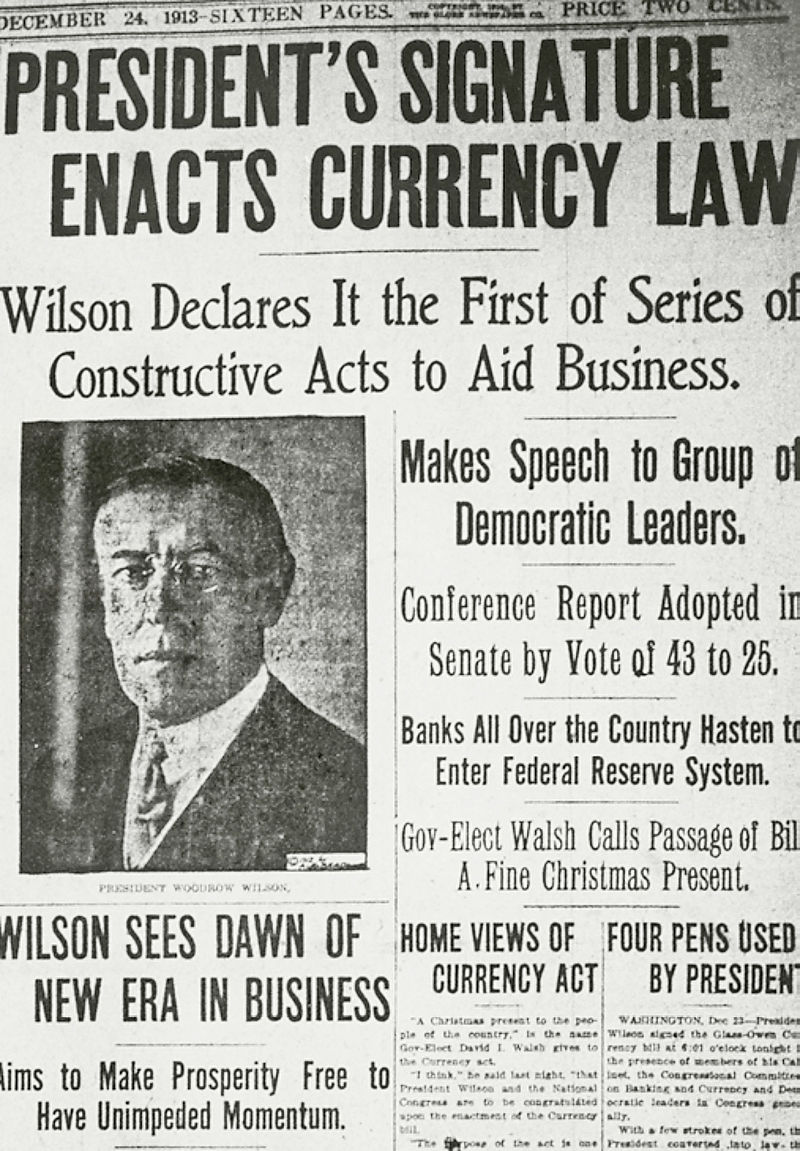Faun
Diamond Member
- Nov 14, 2011
- 124,452
- 82,932
- 2,635
Here, a real poll...I voted for:
John Adams (Sedition Act and XYZ Affair)
Pierce (civil war)
Bush Jr.
Obama
It's ironic that our last two president both make this list.
Quinnipiac poll: 41% say Trump worst president since World War II


